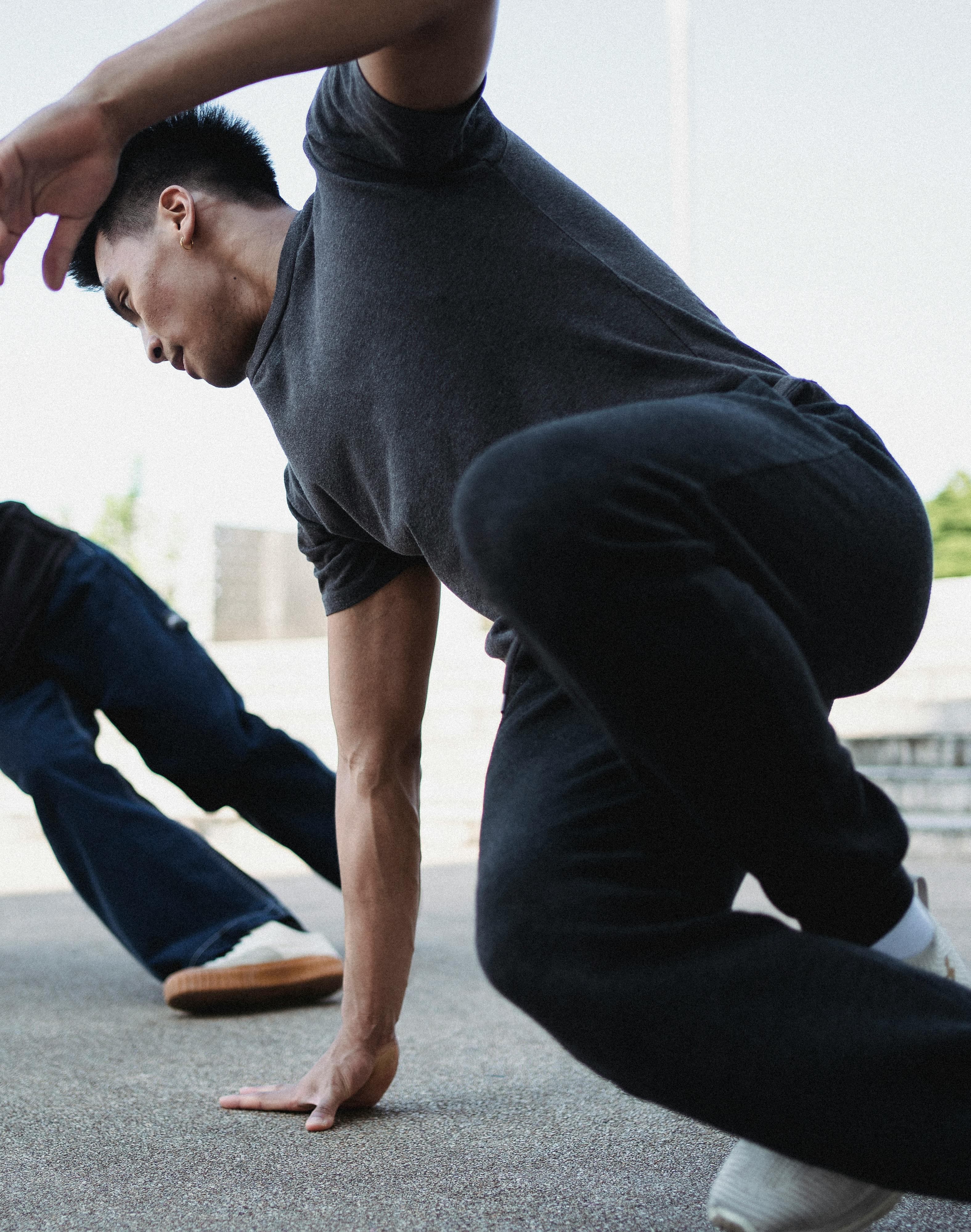Dealing with muscle inflammation can be uncomfortable and hinder your daily activities. Fortunately, there are several natural remedies and lifestyle changes you can implement to help alleviate muscle pain and inflammation. In this article, we'll explore effective ways to find relief from muscle inflammation.
Table of Contents
- Understanding Muscle Inflammation
- Common Causes of Muscle Inflammation
- The Importance of Proper Rest
- Applying Cold Compresses
- Easing Inflammation with Heat Therapy
- The Role of Nutrition in Muscle Health
- Anti-Inflammatory Foods
- Hydration and Muscle Inflammation
- Herbal Remedies and Supplements
- Turmeric: Nature's Anti-Inflammatory
- Omega-3 Fatty Acids for Muscle Health
- Gentle Stretches and Exercises
- Low-Impact Activities
- Stretching for Flexibility
- The Power of Massage
- Self-Massage Techniques
- Professional Massages and Their Benefits
- Lifestyle Modifications
- Adequate Sleep and Recovery
- Stress Reduction Techniques
- FAQs About Muscle Inflammation
- What are the common symptoms of muscle inflammation?
- When should I seek medical attention for my muscle pain?
- Can certain medications contribute to muscle inflammation?
- Is it better to use heat or cold for muscle inflammation?
- How long does it take for muscle inflammation to subside?
- Conclusion
Understanding Muscle Inflammation
Muscle inflammation occurs when muscle fibers experience microscopic damage due to physical exertion or injury. The body responds by sending white blood cells to the affected area, leading to inflammation and pain. This natural defense mechanism is essential for healing but can cause discomfort.
Common Causes of Muscle Inflammation
Muscle inflammation can stem from various causes, including strenuous exercise, improper form during workouts, or sudden movements. Additionally, underlying medical conditions like autoimmune disorders can contribute to chronic muscle inflammation.
The Importance of Proper Rest
Rest is crucial for allowing muscles to recover and heal naturally. Avoid overexertion and give your body ample time to repair itself. Ignoring the need for rest can exacerbate inflammation and delay recovery.
Applying Cold Compresses
Cold compresses or ice packs can help reduce inflammation by constricting blood vessels and numbing the area. Applying cold to the affected muscle for about 15-20 minutes several times a day can provide relief.
Easing Inflammation with Heat Therapy
Heat therapy, such as warm compresses or heating pads, can promote blood flow to the affected area, aiding in relaxation and reducing muscle tension. It's particularly effective for chronic muscle inflammation.
The Role of Nutrition in Muscle Health
Anti-Inflammatory Foods
Certain foods possess anti-inflammatory properties, which can aid in reducing muscle inflammation. Incorporate foods rich in antioxidants, such as berries, leafy greens, and nuts, into your diet.
Hydration and Muscle Inflammation
Staying hydrated is essential for overall muscle health. Dehydration can lead to muscle cramps and increase the risk of inflammation. Aim to drink an adequate amount of water throughout the day.
Herbal Remedies and Supplements
Turmeric: Nature's Anti-Inflammatory
Turmeric contains curcumin, a natural compound with potent anti-inflammatory effects. Adding turmeric to your meals or taking curcumin supplements can contribute to reducing muscle inflammation.
Omega-3 Fatty Acids for Muscle Health
Omega-3 fatty acids, found in fatty fish like salmon, walnuts, and flaxseeds, have anti-inflammatory properties that can benefit muscle health. Consider adding these foods to your diet.
Gentle Stretches and Exercises
Low-Impact Activities
Engaging in low-impact activities like swimming or cycling can promote blood circulation without putting excessive strain on inflamed muscles.
Stretching for Flexibility
Gentle stretching exercises can help improve muscle flexibility and alleviate tension. Incorporate stretches into your daily routine, focusing on the affected muscle groups.
The Power of Massage
Self-Massage Techniques
Self-massage using your hands, foam rollers, or massage balls can help release muscle tension, enhance blood flow, and reduce inflammation.
Professional Massages and Their Benefits
Getting a professional massage from a licensed therapist can provide targeted relief for inflamed muscles. Various massage techniques can promote relaxation and aid in recovery.
Lifestyle Modifications
Adequate Sleep and Recovery
Prioritize quality sleep, as it's essential for muscle repair and overall well-being. Create a comfortable sleep environment and aim for 7-9 hours of sleep per night.
Stress Reduction Techniques
Chronic stress can contribute to muscle inflammation. Practice relaxation techniques such as deep breathing, meditation, or yoga to manage stress effectively.
FAQs About Muscle Inflammation
What are the common symptoms of muscle inflammation? Muscle soreness, swelling, limited range of motion, and localized pain are common symptoms.
When should I seek medical attention for my muscle pain? If your pain is severe, persistent, or accompanied by fever, it's advisable to consult a healthcare professional.
Can certain medications contribute to muscle inflammation? Yes, some medications may have muscle inflammation as a side effect. Consult your doctor if you suspect this.
Is it better to use heat or cold for muscle inflammation? Cold therapy is more suitable for acute inflammation, while heat therapy is beneficial for chronic cases.
How long does it take for muscle inflammation to subside? The duration varies, but with proper care, acute inflammation usually improves within a few days to a week, while chronic inflammation may require more time.
Conclusion
Dealing with muscle inflammation can be a challenge, but by adopting these natural remedies and lifestyle changes, you can find relief and support your body's healing process. Remember to listen to your body, prioritize rest, and make informed choices that contribute to your overall muscle health.
.jpg)



No comments:
Post a Comment